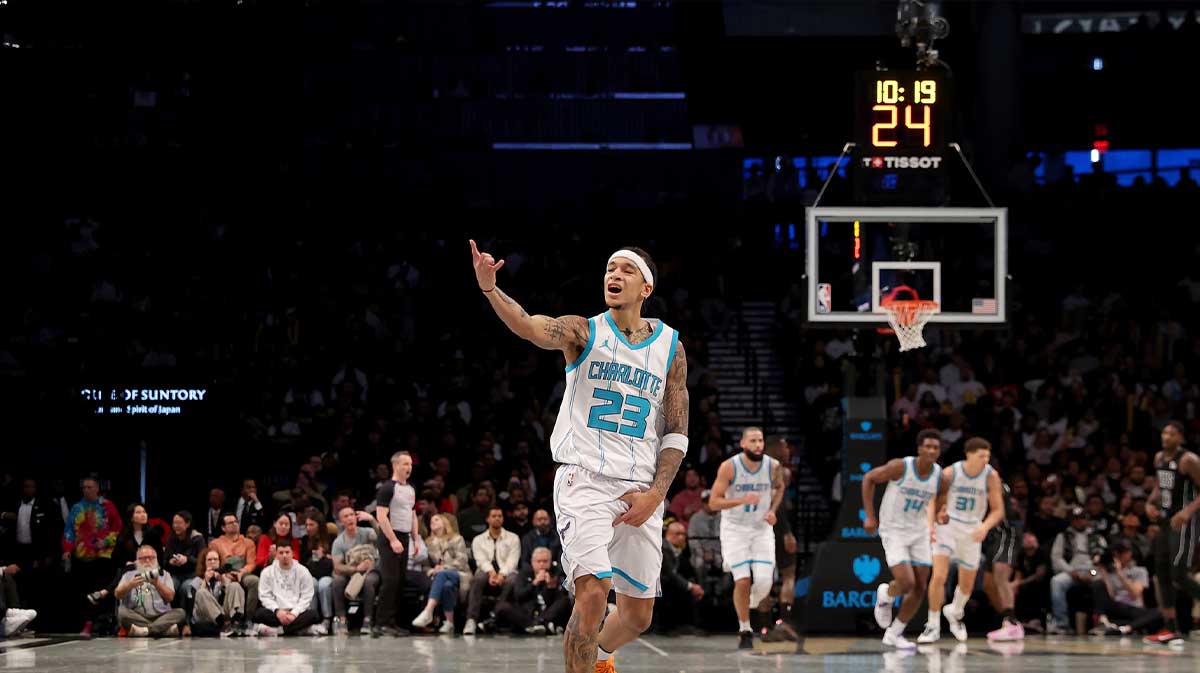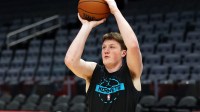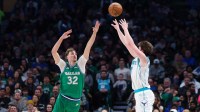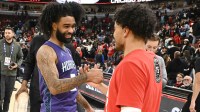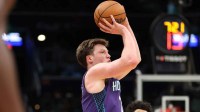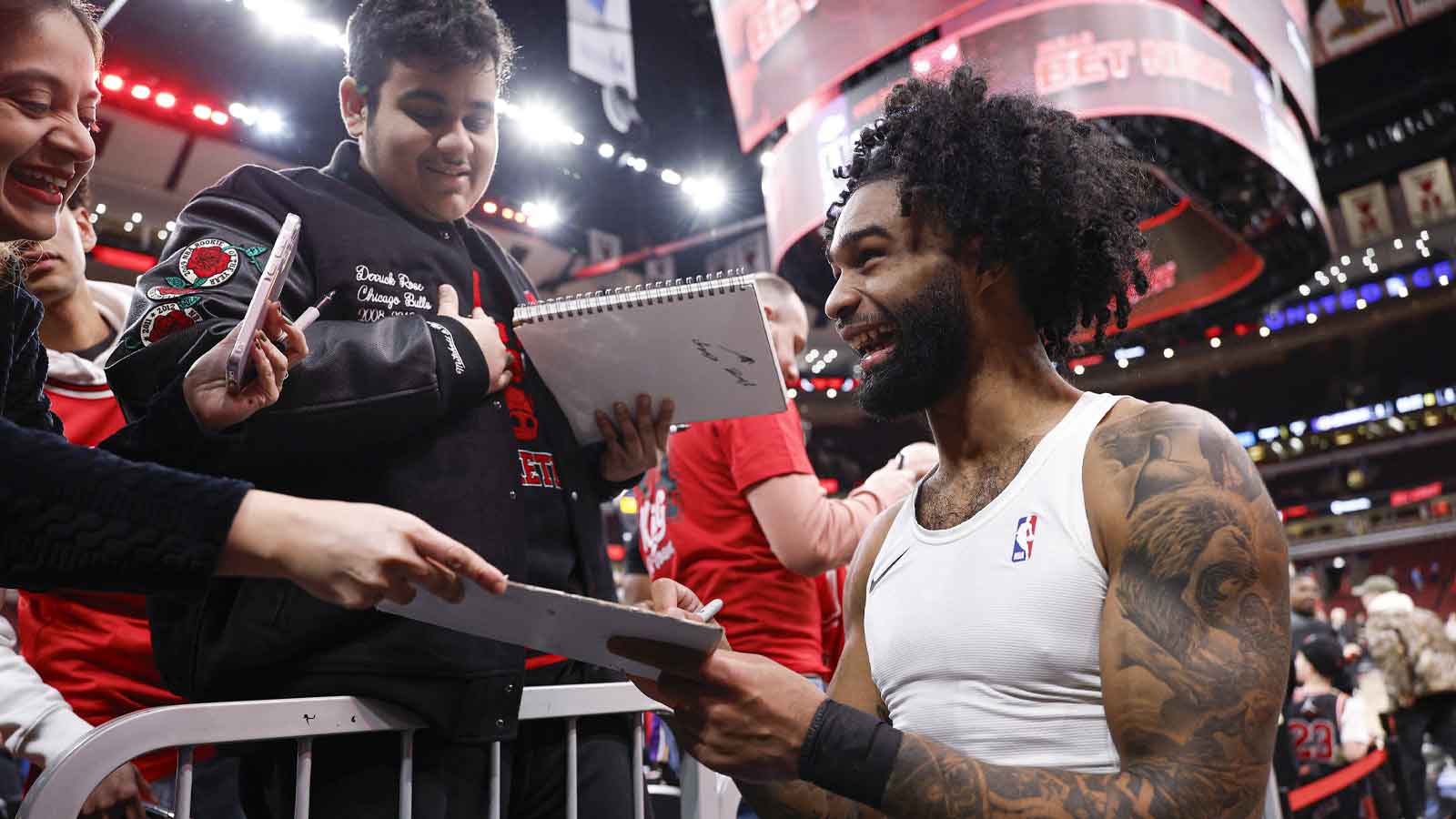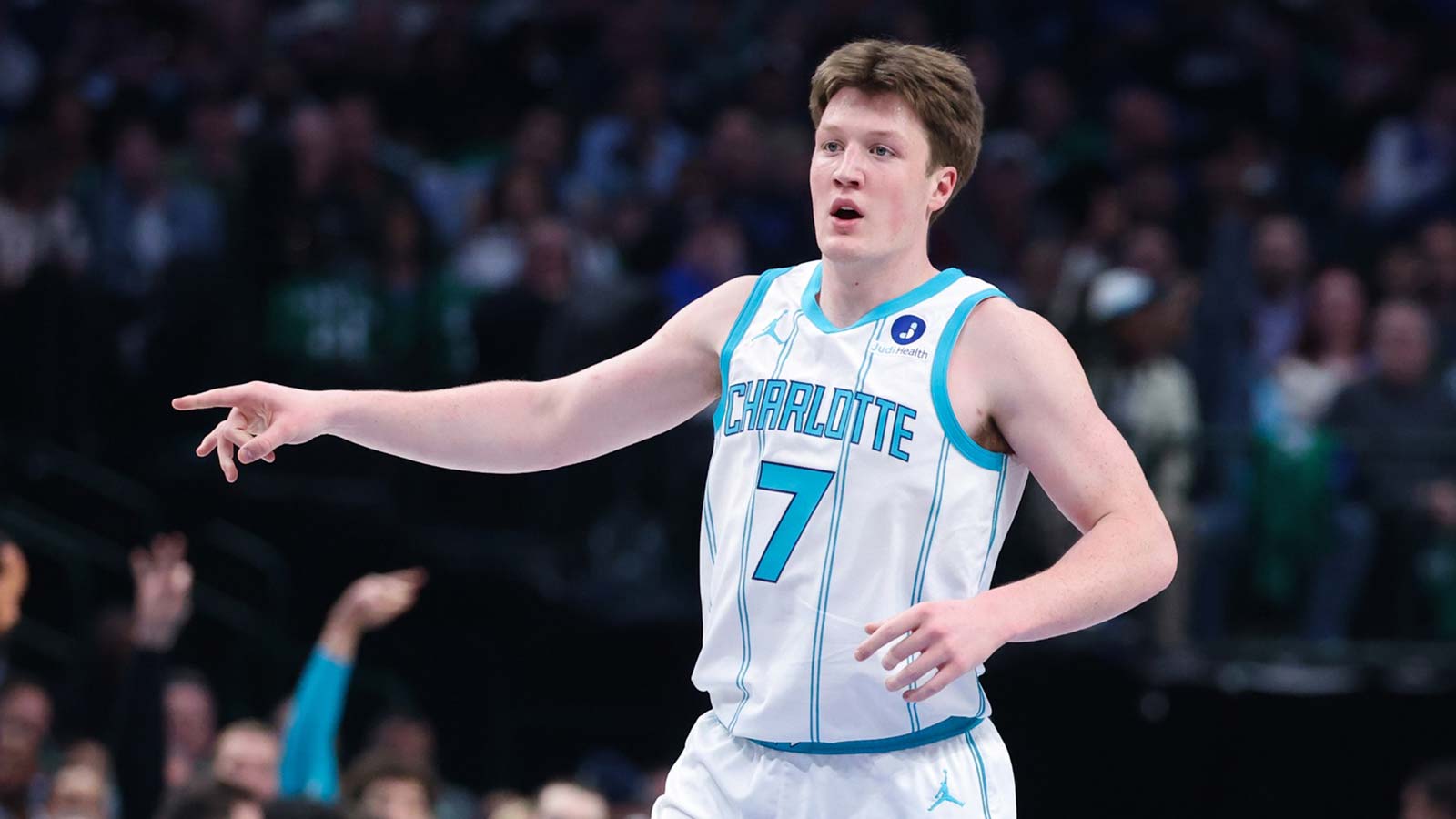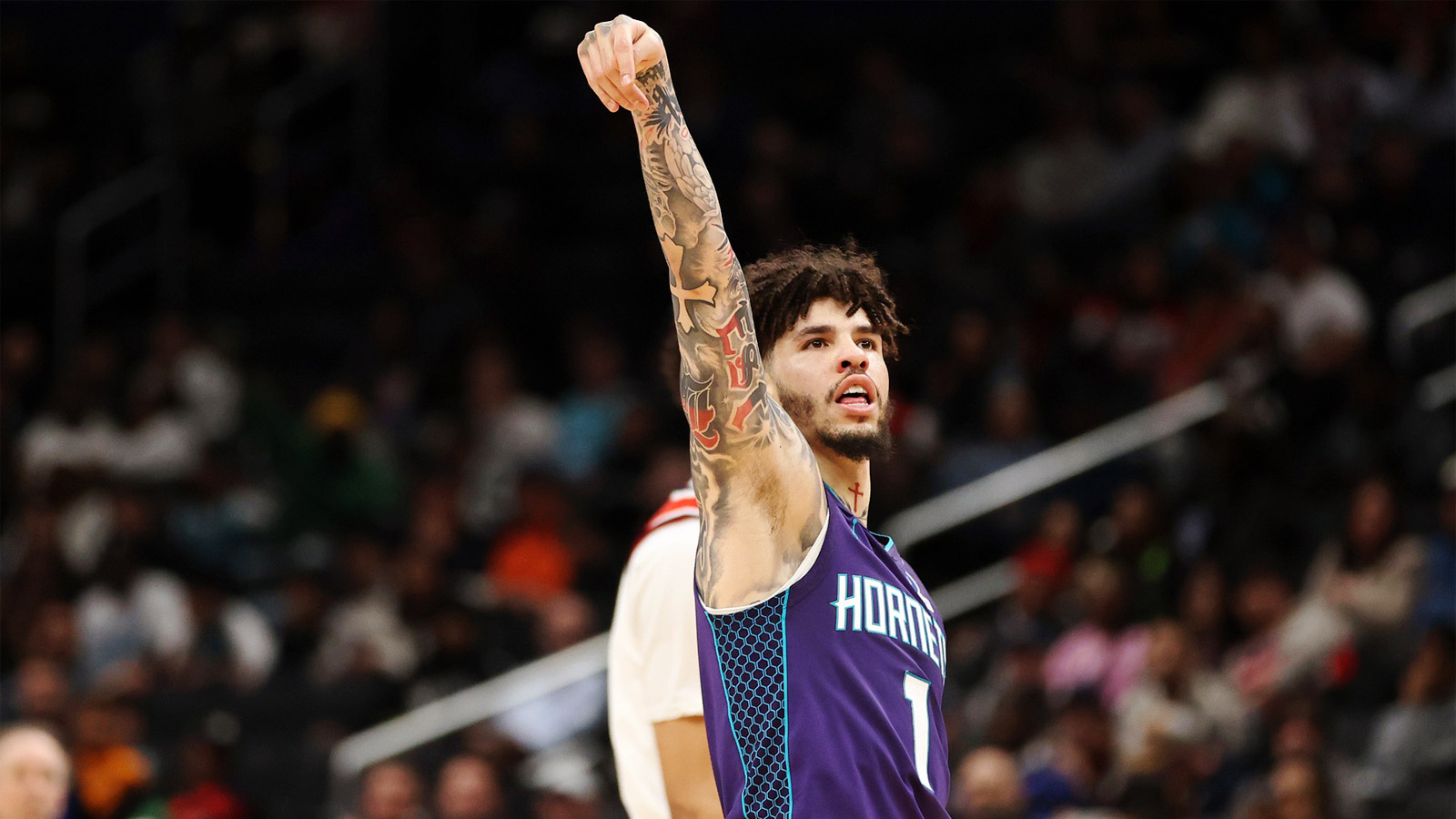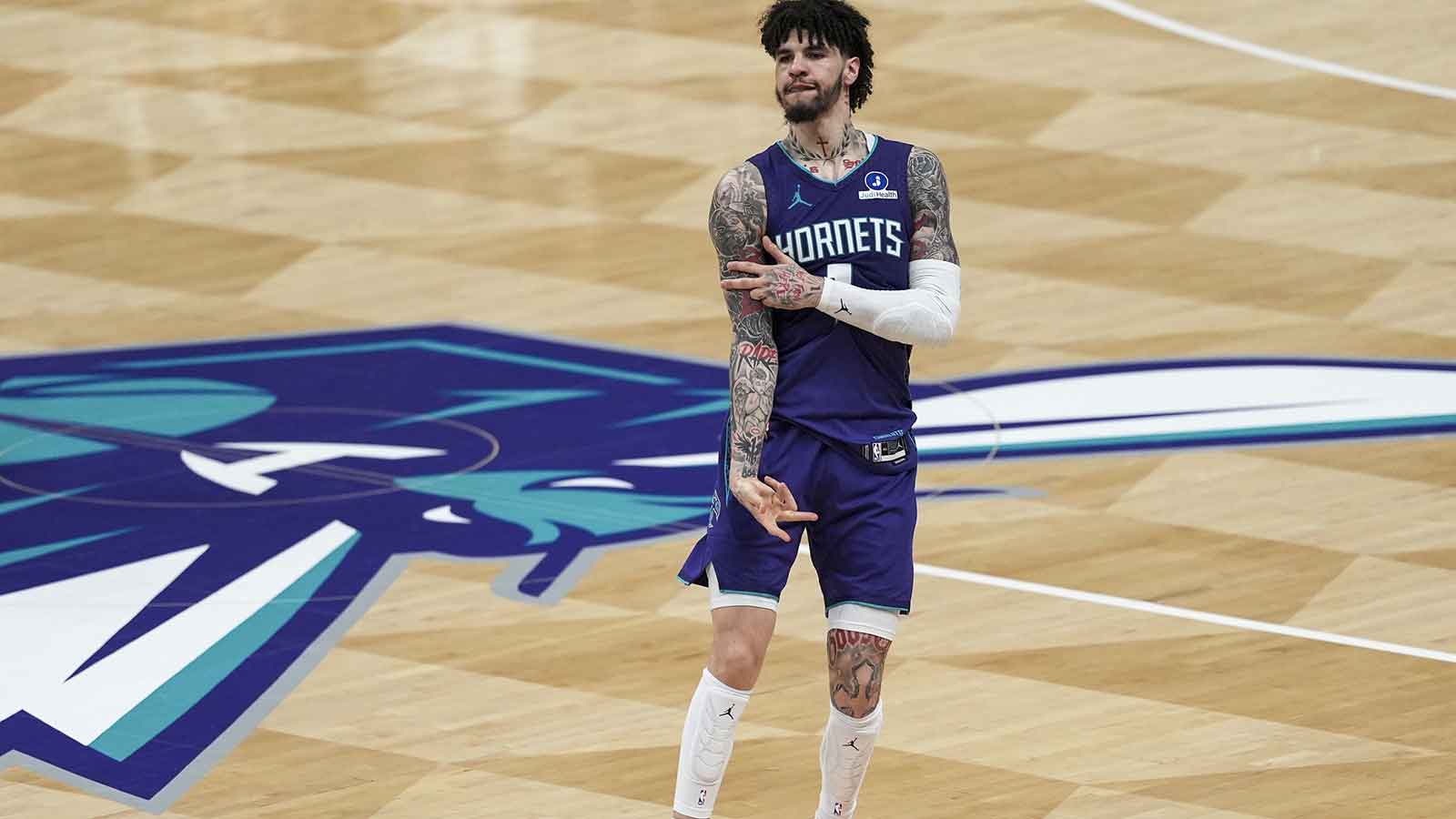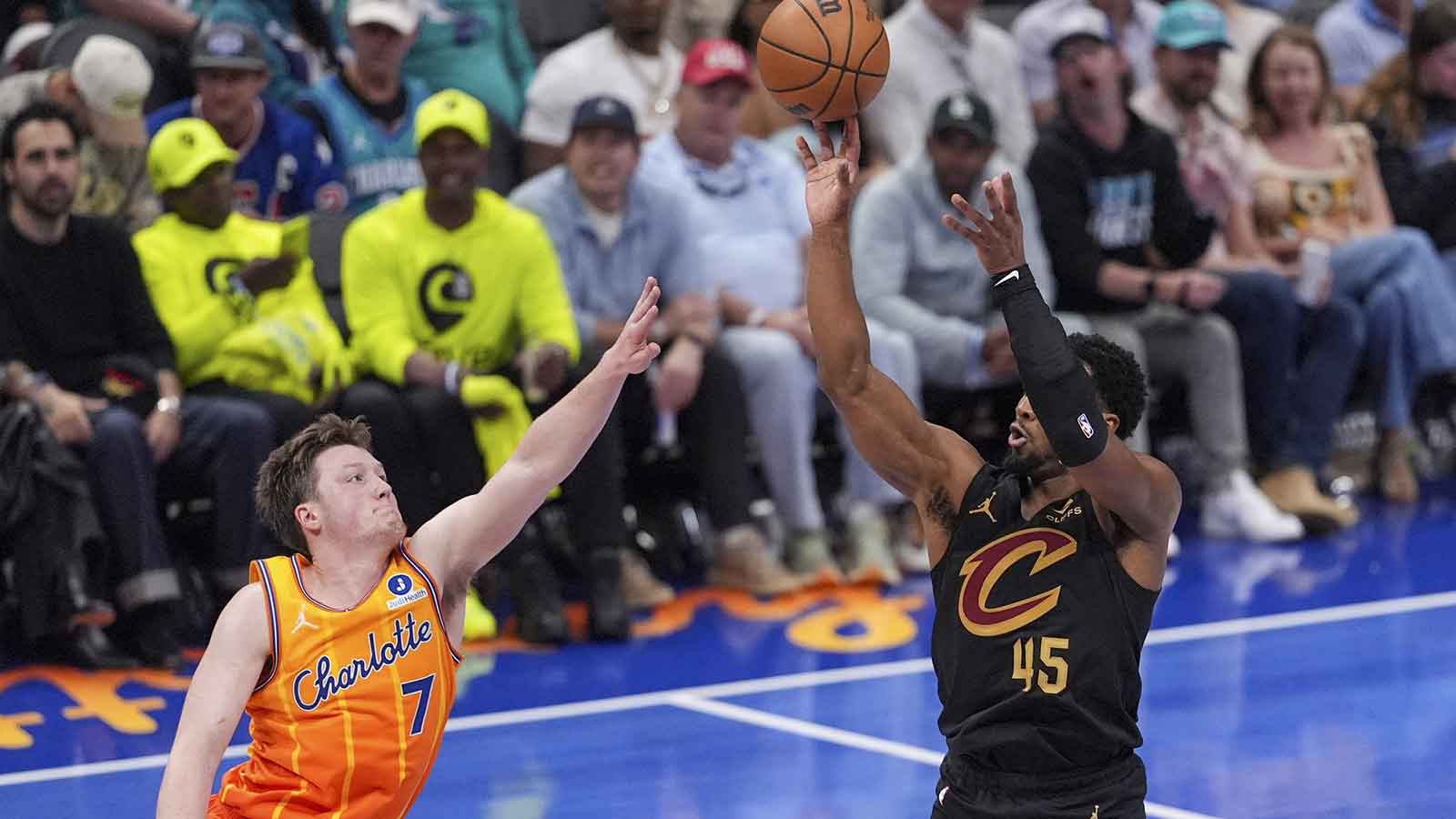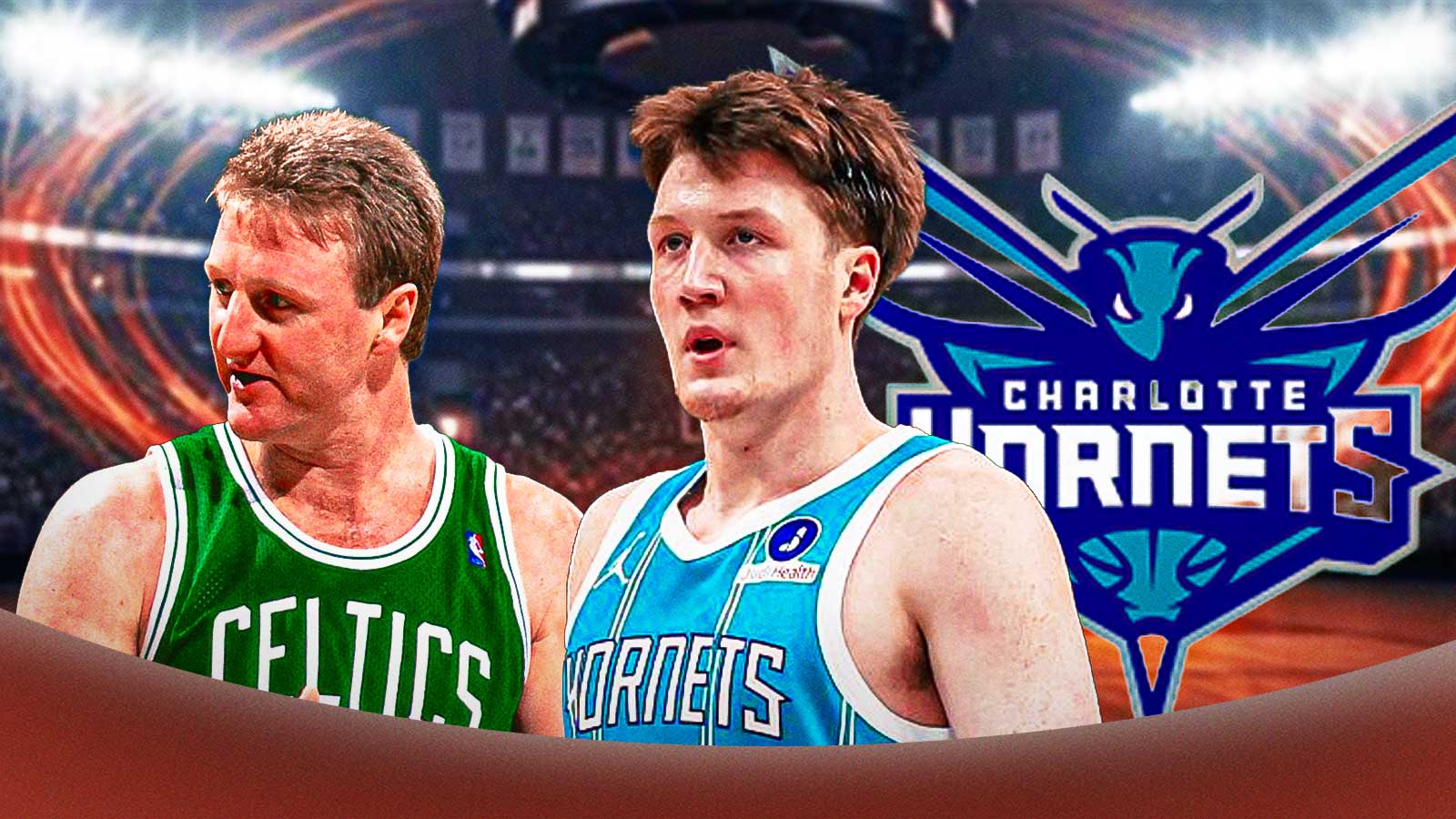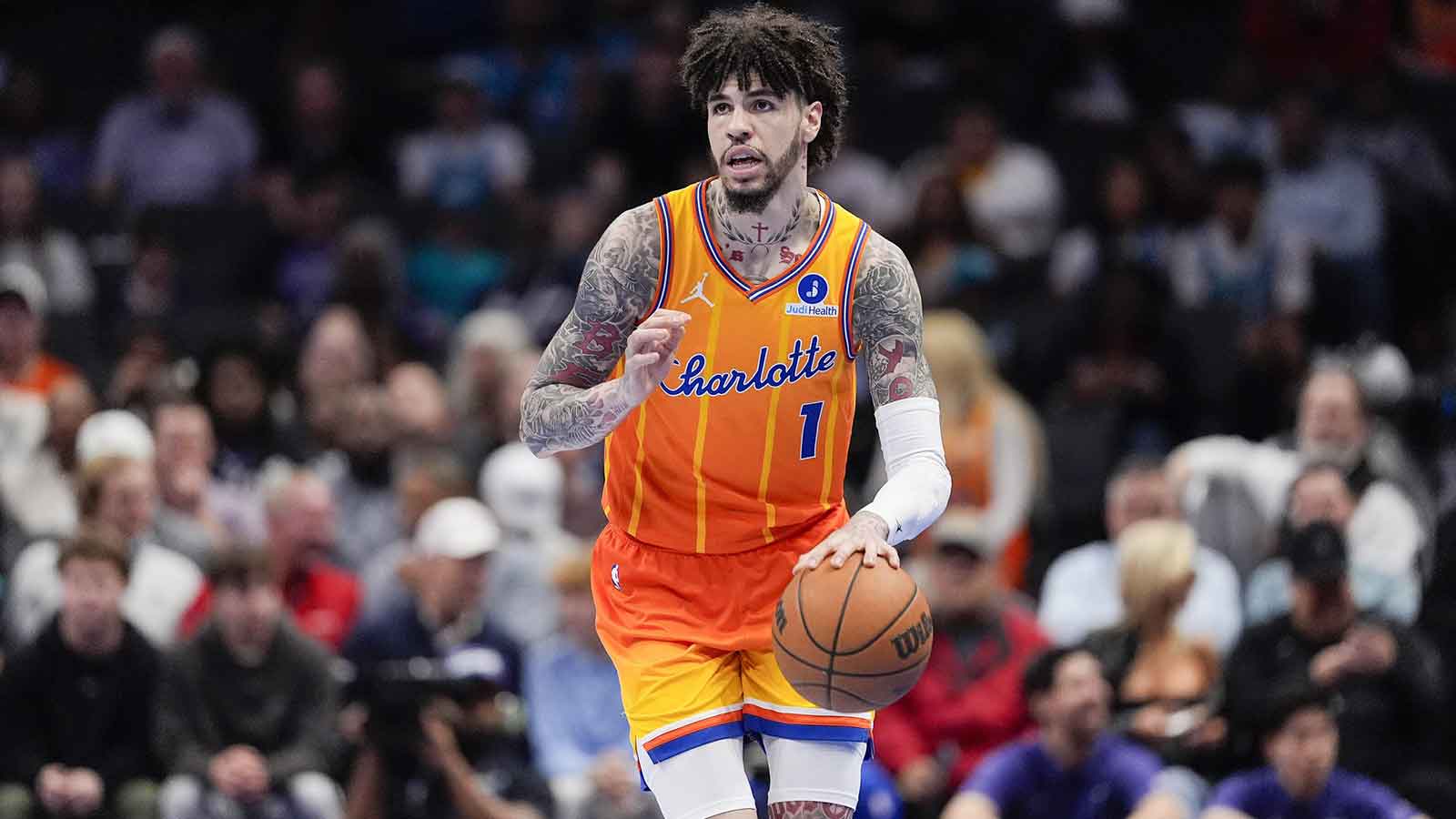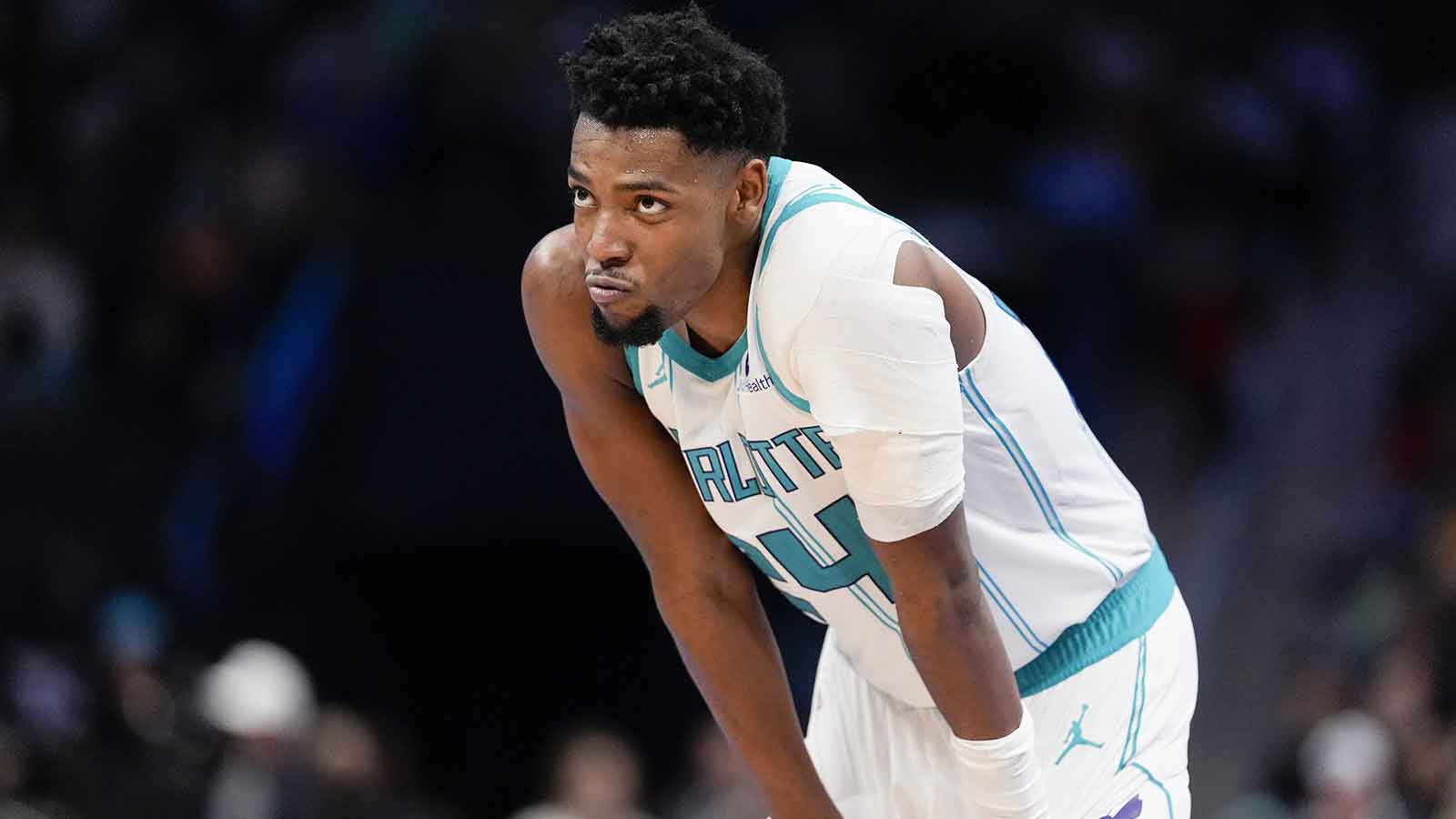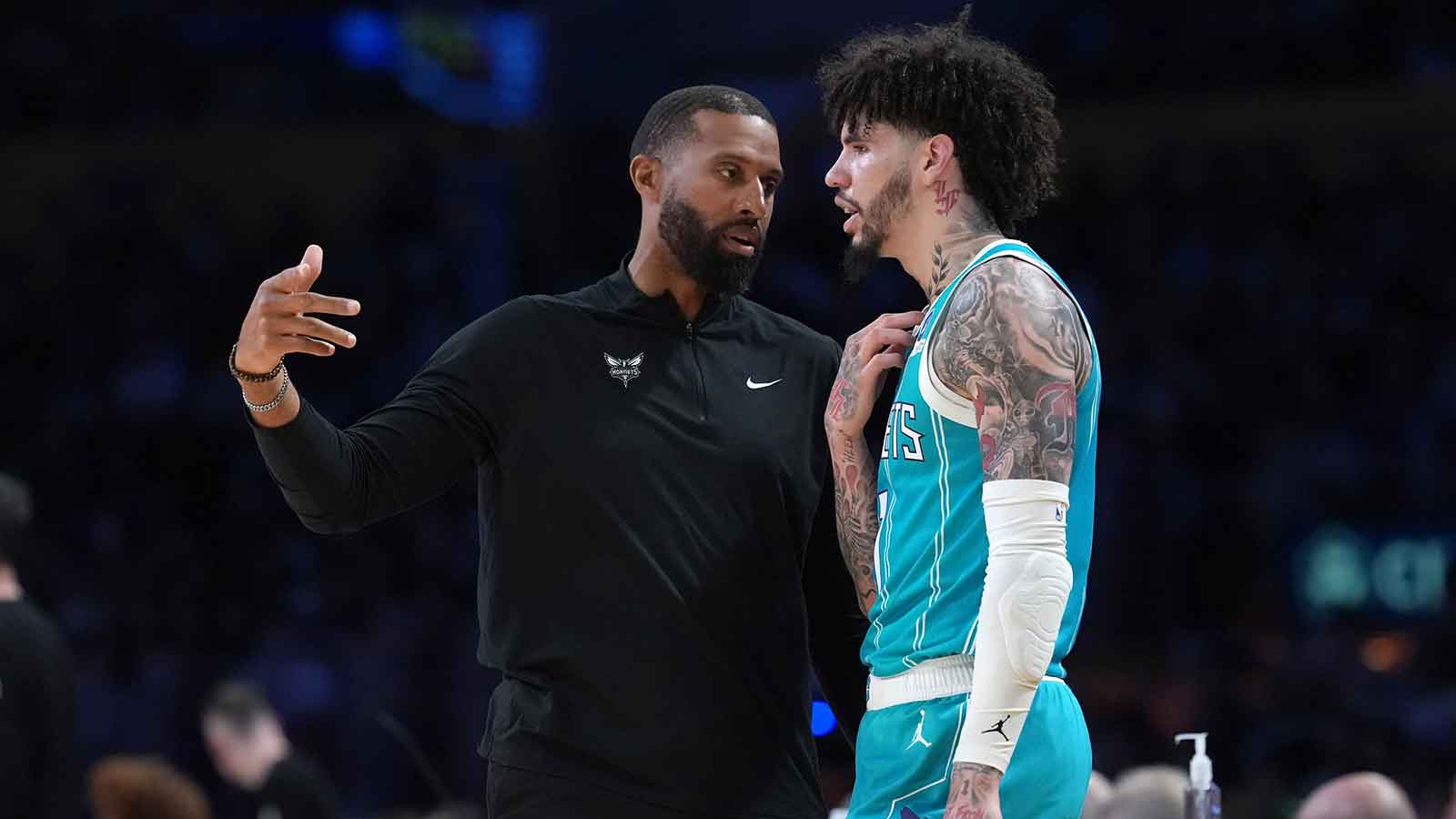After years of being stuck in NBA purgatory, the Charlotte Hornets enter the 2025-26 season with a clearer identity and a refreshed direction. Last year’s 19-63 record left them near the bottom of the Eastern Conference yet again, but for once, the losses didn’t feel empty. Under new ownership and the patient guidance of top executive Jeff Peterson, Charlotte is finally committed to building a foundation instead of chasing short-term fixes. The release of the 2025-26 schedule now gives us the perfect lens to forecast what lies ahead for the Hornets in their most pivotal season in a decade.
Building blocks are in place
For years, Charlotte’s front office made decisions that were reactive instead of strategic. This summer marked a departure from that cycle. Peterson reshaped the roster not through flashy signings, but through careful accumulation of assets: Trading Mark Williams for Phoenix’s No. 29 pick and a 2029 first-rounder. Moving Jusuf Nurkic for Collin Sexton’s expiring contract plus a second-round pick. Meanwhile, absorbing Pat Connaughton’s contract which added two more second-rounders. Re-signing Tre Mann on a team-friendly 3-year, $24M deal.
Tre Mann Offseason Workout 🤟
(📹 sjrvisualss/IG) pic.twitter.com/OgbvuzDky3
— r/CharlotteHornets on Reddit (@HornetsReddit) August 28, 2025
Individually, these may seem like footnotes. Collectively, they signal a team valuing financial flexibility, draft capital, and tradable contracts over short-term wins. That’s exactly what Charlotte needs to pivot from bottom-feeder to long-term contender.
The schedule factor
Looking at the Hornets’ 2025-26 schedule, several takeaways stand out:
A brutal October/November slate. Charlotte opens against Brooklyn, Philadelphia, Washington, and Miami in their first five games. Add in back-to-back clashes against Milwaukee mid-month, plus the Lakers, Knicks, and Warriors before December, and the Hornets could realistically start 6-15 or worse.
On the other hand, there are opportunities in December and January. The Hornets face more beatable teams: Orlando, Washington, Indiana, San Antonio, and Houston during this stretch. If they can stabilize, this is where they’ll collect the bulk of their wins.
Meanwhile, March and April feature heavyweights: Boston twice, Phoenix, Golden State, Minnesota, and New York. If Charlotte hasn’t found its stride by then, the schedule won’t offer much mercy.
The takeaway: Charlotte’s path is front-loaded with challenges and back-loaded with playoff-caliber opponents. Their season will be defined by whether they can weather the storm early and stockpile enough wins in the softer midseason.
2025-26 record prediction
Last season’s 19-63 mark gives us the baseline. With improved roster depth and a clear plan, Charlotte should show incremental growth, but don’t expect miracles. Ceiling: 28-54 if everything breaks right (health, rookies develop, one breakout star). That’s not playoff-worthy, but it’s meaningful progress in year one of this long-term vision.
A 28-54 record likely lands Charlotte in the 12th or 13th seed in the East. Teams like Boston, Milwaukee, New York, Philadelphia, and Miami remain far ahead. Even mid-tier squads like Cleveland, Atlanta, and Orlando are better positioned.
The Hornets may hover around the play-in race, but realistically, they will fall short of the 10th seed cutoff. That’s not failure, it’s just reality in a loaded conference.
Predictions Beyond the Record
Most likely breakout player
Expect Tre Mann to surprise. If he stays healthy, he could average 15+ points per game off the bench, turning his contract into a valuable trade chip.
Trade deadline fireworks
Charlotte is positioned to be a seller again. Expect at least one rotation player, possibly Collin Sexton (expiring) or Pat Connaughton (bad contract sweetener), to be moved for picks.
Fan morale shift
This prediction is more intangible: for the first time in years, Charlotte fans may feel genuine optimism. Not because of wins, but because the team finally has a direction worth believing in.
What Charlotte needs to do next
The Hornets’ future hinges on making one transformative move. They don’t need to rush into it now, but the blueprint is clear: Develop the young core into valuable assets, accumulate enough picks and contracts to swing a major trade, and identify a star-level player who fits the timeline and culture.
Think of what Minnesota did with Rudy Gobert or what the Knicks pulled off with Jalen Brunson. Charlotte needs their version of that, not yet, but soon.
The Charlotte Hornets are not contenders yet. They’re not even a playoff team. But for the first time in years, they’re operating with a plan instead of flailing in search of relevance. This season will likely end with a 28-54 record and a 12th-place Eastern Conference finish, but fans should not measure success by wins alone.
Instead, success in 2025-26 should be defined by: Developing young talent. Building trade flexibility and keeping the front office’s long-term vision intact.
The schedule will be brutal, the losses will still come, but the Hornets’ new trajectory offers something more valuable than a few meaningless wins: hope for the future.

